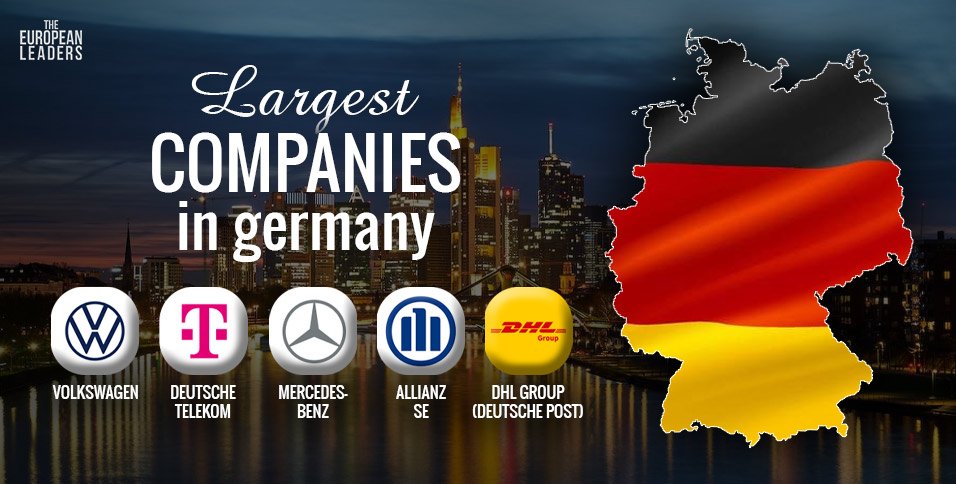The European Leaders
June 25, 2024
Berlin – The 2024 UEFA European Championship has captivated audiences worldwide with thrilling on-field battles. But beyond the action on the pitch, a different kind of competition is unfolding: the battle for brand dominance among sponsors.
Chinese Tech Titans Take Center Stage
This year’s tournament has witnessed a surge in sponsorship from Chinese tech companies like Alibaba, Hisense, and BYD. Analysts see this as a strategic move by these companies to leverage the massive viewership of Euro 2024 and reach millions of potential customers across Europe. The exposure gained through association with a prestigious sporting event can significantly boost brand awareness and recognition in the lucrative European market.
BYD Revs Up for Euro 2024 Sponsorship Despite EV Trade Spat
Adding a layer of intrigue is the participation of Chinese electric vehicle (EV) manufacturer BYD. Their sponsorship deal comes amidst ongoing trade tensions between China and the US, particularly regarding tariffs on electric vehicles. Some interpret BYD’s move as a bold statement, showcasing its brand and technology on a global stage despite trade friction. Whether this translates to increased European sales remains to be seen, but it has undoubtedly generated considerable buzz.
A Win for Football, but a Cost to Human Rights?
However, the glitz and glamour of Euro 2024 may be tarnished by ethical concerns surrounding some sponsors. Reports have highlighted potential links between certain sponsors and human rights abuses, including forced labor practices. This raises crucial questions for organizations like UEFA: should human rights records be a factor when evaluating potential sponsors?
The Euro 2024 sponsorship landscape highlights the complex intersection of sports, business, and ethics. While Chinese companies capitalize on the tournament’s reach, and individual brands like BYD make bold statements, the ethical implications cannot be ignored. The beautiful game may be attracting record audiences, but the backdrop is one that demands scrutiny and potential reform.
Also Read: Why 500-year-old Royal Mail Get Sold to a Czech Billionaire?








